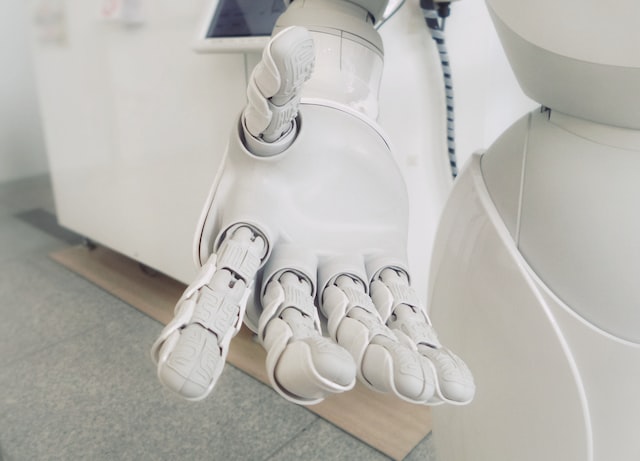Electric vehicles represent a promising approach to mitigating carbon emissions in the realm of transportation. They harness renewable energy sources, providing a cost-effective alternative to traditional fossil fuels. However, it’s crucial to acknowledge that they are not entirely devoid of environmental concerns. Similar to other electric devices, electric vehicles generate electronic waste (e-waste) as they reach the end of their lifecycle.
The Environmental Challenge: Electronic Waste from EVs
Nissan, a prominent Japanese automotive manufacturer, has pioneered innovative solutions to address this challenge. Nissan is repurposing old batteries from its popular Leaf electric vehicles (EVs) into portable power units. These upcycled batteries are intended to serve as crucial sources of emergency power during hazardous crisis situations.
Having sold over 650,000 Leaf EVs, Nissan’s EV batteries remain functional long after the cars cease to operate. Now, Nissan is taking steps to repurpose the unused batteries from retired EVs.
Portable Power Units: A Second Life for Retired EV Batteries
To repurpose these discarded batteries, Nissan has partnered with JVCKenwood Corp, an electronics manufacturer, and 4R Energy Corp, a specialist in lithium-ion battery systems. Together, they have created portable power units from these discarded batteries. These units are currently available for purchase in Japan at a price of 170,500 yen ($1,170).
These power sources are incredibly efficient, utilizing just two out of 48 battery modules from a Leaf EV. This presents a significant opportunity to repurpose retired EV batteries, reducing electronic waste and promoting sustainability. Balakumar Balasingam, an associate professor of electrical and computer engineering at the University of Windsor, appreciates this approach, noting that retired EV batteries still retain valuable energy capacity, making them suitable for various energy storage applications and contributing to long-term sustainability.







